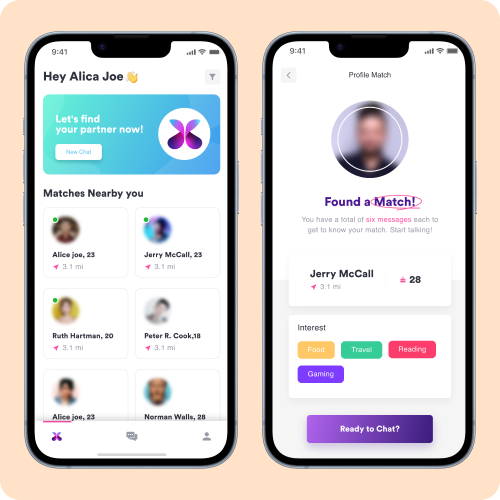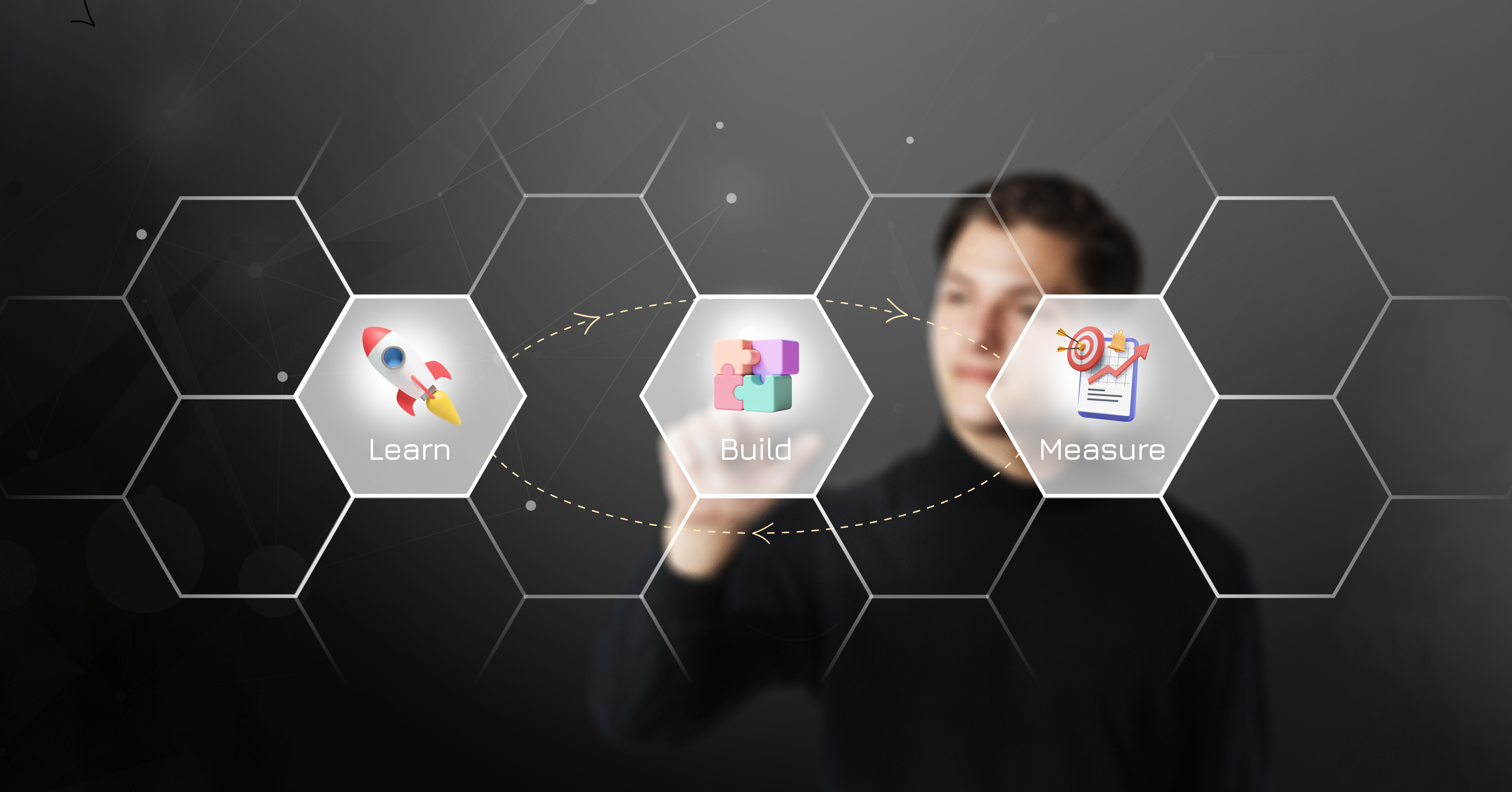5 On-Point Reasons Why Businesses are adopting Artificial Intelligence:
The advent of the tidal wave of next gen technologies like Internet of Things, big data analytics, cloud services, etc. has provided an upsurge to many artificially intelligence driven solutions and employed the insights from the colossal volume of big data and information. This is helping businesses in ensuring that they are taking conversant decisions keeping all future possibilities in mind. A study conducted by Accenture Research and Frontier Economics stated that integrated AI into economic processes is directly proportional to potential for economic growth of a business.
Here is how Artificial Intelligence can help you grow your business exponentially for long term economic benefits:
1. Saving Time and Money
By automating the usual routine tasks and processes and creating a structured proficiency in the system, using AI you can save a lot of time and indirectly a lot of money. AI systems take care of all the repetitive and routine responsibilities, leaving resources to emphasize on tasks that augment valuation to their business. Using the cognitive technologies that AI caters to us viz. a viz. predictive forecast, duplicable process automation, virtual assistants etc., logical outputs can aid in the standard routine work of any business.
2. Acquiring a Competitive Edge in the Global Market
According to a study conducted by McKinsey Global Institute, advanced AI adopter firms are 52 % more likely to intensify their market share & 27% more likely to account for a growth in their marketplace than the firms that are merely testing or moderately implementing Artificial Intelligence. Early adoption of Artificial Intelligence, validate AI’s potential to transmute the entire business procedures. Consequently, the firms with thoughtful and practical implementation approaches have the potential to positively gain viable benefits in the marketplace. Businesses taking this preliminary footstep of adopting AI are certainly gaining an edge since it going to help the firms to perform in a customer-centric way so that the businesses can benefit in the longer run. Hence, the sooner you shift the better it is, as the professional advantages of AI are limitless.
3. Understandings of the Business niceties from Cutting-edge Analytic Solutions
By speedily and proficiently processing numerous data points and using these insights, Artificial Intelligence aids in comprehending the patterns and predictive trends that can be mined from the massive cloud datasets. The integration of the CRM and AI, automated & timely decisions can be executed by the firms, keeping all sense of future possibilities in consideration. Using meticulous analytics can help businesses to raise their revenues considerably. According to Avendus Capital report, the profit estimates of AI firms are growing at a reckless pace and are anticipated to reach around USD 3.06 billion by the year 2024.
4. Generating Business by Virtual Customer Support Arrangement
Providing an incomparable client experience is considered as one of the most noteworthy differentiators for transactions nowadays. Business Insider reports that by the year 2020, almost 85 percent of the total client interactions will be handled sans human involvement. Businesses are focusing on machine learning (ML) and AI to automate repetitive responsibilities and alleviate routine jobs from customer service agents. A recent Zendesk report revealed that almost 42% of B2C clienteles bought more after experiencing a decent client facility practice, whereas 52% ceased purchasing after experiencing a bad customer service dealing. Hence, systematizing an upright and well-organized Customer Support system using AI will certainly accentuate the business to an enormous level. A study by Juniper Research states that more than $8 Billion will be accredited to chatbots annually by the year 2022.
5. Ever-growing Collaborative Pedagogy on AI
Vince Conitzer, professor of computer science at Duke University, says, “The interest from the general population in the societal impacts of AI will grow, especially where these impacts are already tangible. Many of the general themes have been previously identified—technological unemployment, autonomous weapons, machine learning systems based on biased data, machine learning systems being used to identify and suppress dissent, AI systems making moral judgments—but specific new technological developments and their failures will further drive and inform the conversation.”
The study of AI is never ending and all the new boulevards that it unlocks are going to give new dimensions to the technology. Hence, AI is touted as one if the most promising trends in the approaching future.








































